Construction of asphalt concrete pavement on the North-South Expressway. (Illustration photo: TRANG LIEN)
During the discussion at the hall on the draft Law on State Budget (amended) at the 9th Session of the 15th National Assembly , delegates expressed high consensus on the necessity of amending the law, ensuring consistency and unity in the legal system and removing difficulties in budget management practices.
Speaking on the sidelines of the National Assembly, Deputy Prime Minister Ho Duc Phoc clarified many issues of concern to voters, especially those related to budget regulation between the central and local governments, ensuring fairness and sustainable development of regions.
Ensuring harmonious and balanced development
According to Deputy Prime Minister Ho Duc Phoc, the Prime Minister had to significantly regulate resources to invest in building infrastructure, such as highways or projects connecting the central and local governments, especially investing in poor provinces.
Mr. Phoc said that in reality, localities such as Ha Giang, Lao Cai, Son La, Gia Lai or Kon Tum currently find it difficult to mobilize capital to invest in connecting infrastructure, so the Central Government must regulate to support.
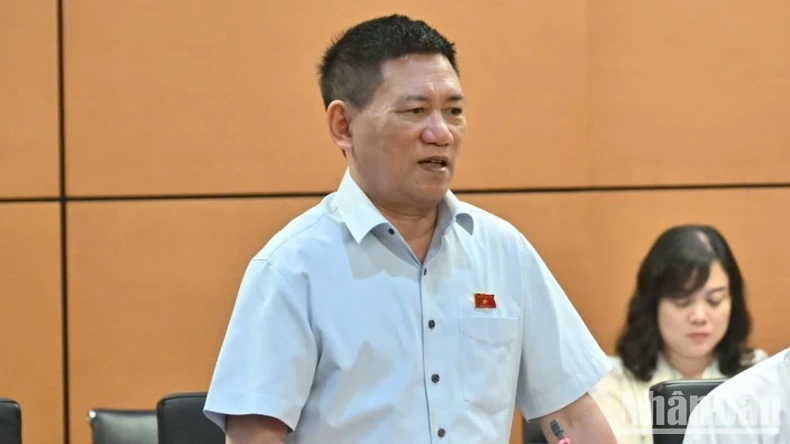
Deputy Prime Minister Ho Duc Phoc. (Photo: THUY NGUYEN)
On the contrary, large cities such as Hanoi, Ho Chi Minh City, Hai Phong, and Da Nang are localities with abundant budget revenue, in which land revenue contributes a significant proportion.
However, as the Deputy Prime Minister pointed out, that advantage was partly due to favorable geo-economic conditions and the strong investment of the Central Government in infrastructure over many previous stages.
Therefore, Mr. Phoc affirmed that budget regulation, including land revenue, is necessary to implement key national projects and support other localities, ensuring harmonious and balanced development.
“Not everyone wants to keep all their income for spending. If so, who will take care of remote and border areas?”, the Deputy Prime Minister asked.
According to the Deputy Prime Minister, if the budget is not properly regulated, the Government will be forced to borrow to invest in key projects.
He emphasized: “The most important thing is to use money effectively, manage the macro economy well and ensure comprehensive, inclusive and equitable development among regions.”
Therefore, it is necessary to re-regulate a part of the revenue from big cities so that the Government has resources to invest in key national projects such as Long Thanh airport, the North-South high-speed railway, inter-provincial routes, seaports, etc. and support poor localities that do not have much revenue from land.
According to Mr. Phuc, currently, Ho Chi Minh City retains 100% of the land use fee, but it may be adjusted down in the near future. The Deputy Prime Minister said that this is reasonable because according to the resolution of the Central Executive Committee, land use fee is a source of national revenue, not just for any locality.
Decentralization is associated with delegation of authority and responsibility.
The Deputy Prime Minister also said that in current budget management, decentralization and delegation of power are being implemented according to regulations: Local government budgets are decided by the People's Councils of the same level, the Central Government does not intervene.
However, budget spending must still comply with regulations on norms, standards, and regimes. For example, investment spending must follow the procedures, norms, and estimates prescribed by the Ministry of Construction or the Government, while deciding how much to spend and which specific projects to do is the authority of the Provincial People's Council.
According to Mr. Phuc, further decentralization, for example from the Provincial People's Council to the Chairman of the Provincial People's Committee, is also decided by the Provincial People's Council. The Government reports the budget allocation to the provinces to the National Assembly right from the time of making the budget estimate at the beginning of the year and is public and transparent.
During the process of amending the State Budget Law, some National Assembly deputies still had concerns about the current budget allocation authority. Responding to this issue, the Deputy Prime Minister affirmed: The Constitution clearly stipulates that the National Assembly has the authority to decide on the central budget estimate and allocation, while the local budget estimate is decided by the provincial People's Council.
The National Assembly allocates the central budget to each sector, ministry and province, but does not allocate details for each item within that sector. The detailed management, administration and settlement of accounts belong to the Government, Mr. Phuc clearly stated.
“When there is a major change that requires an increase in the budget, for example increasing spending on science and technology from the approved 3%, the Government must submit it to the National Assembly. The National Assembly is a legislative body, not an executive body, and does not have a specialized apparatus to carry out detailed budget management,” said the Deputy Prime Minister.
Affirming that this is the issue of decentralization and delegation of power, Mr. Phuc emphasized: “Decentralization is assigning tasks to subordinates to perform. Decentralization is assigning authority and requiring subordinates to take responsibility for their decisions.”
Source: https://baotuyenquang.com.vn/pho-thu-tuong-ho-duc-phoc-dieu-tiet-nguon-thu-hop-ly-de-lo-cho-vung-sau-vung-xa-212596.html


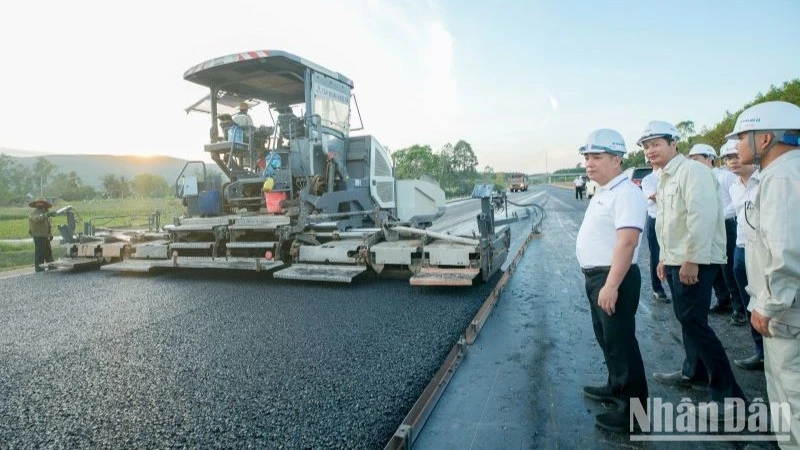

![[Photo] 12th grade students say goodbye at the closing ceremony, preparing to embark on a new journey](https://vphoto.vietnam.vn/thumb/1200x675/vietnam/resource/IMAGE/2025/5/28/42ac3d300d214e7b8db4a03feeed3f6a)
![[Photo] Vietnamese and Hungarian leaders attend the opening of the exhibition by photographer Bozoky Dezso](https://vphoto.vietnam.vn/thumb/1200x675/vietnam/resource/IMAGE/2025/5/28/b478be84f13042aebc74e077c4756e4b)
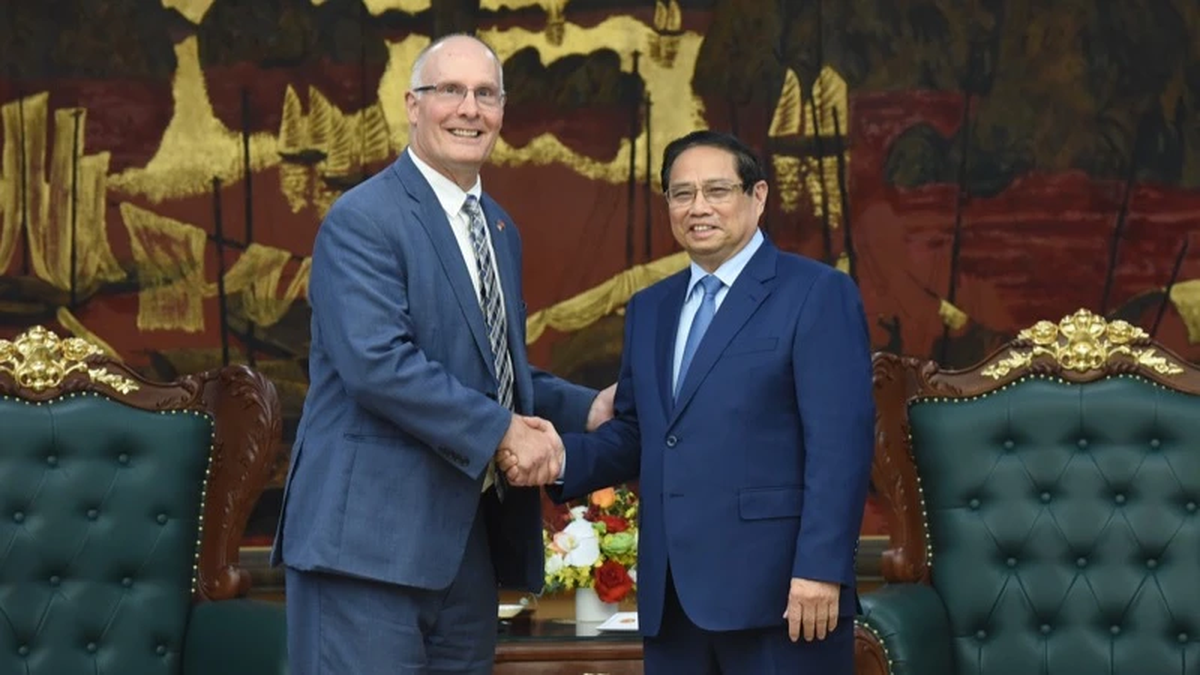
![[Photo] General Secretary To Lam works with the Central Policy and Strategy Committee](https://vphoto.vietnam.vn/thumb/1200x675/vietnam/resource/IMAGE/2025/5/28/7b31a656d8a148d4b7e7ca66463a6894)
![[Photo] Prime Minister Pham Minh Chinh receives a bipartisan delegation of US House of Representatives](https://vphoto.vietnam.vn/thumb/1200x675/vietnam/resource/IMAGE/2025/5/28/468e61546b664d3f98dc75f6a3c2c880)
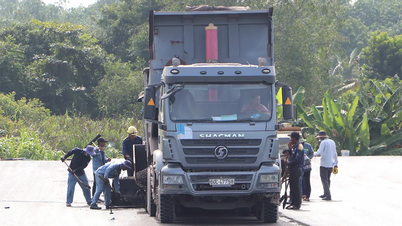


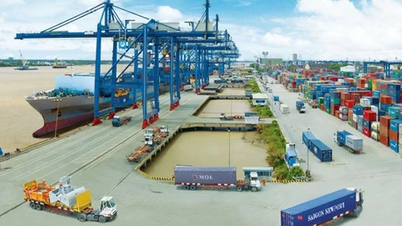
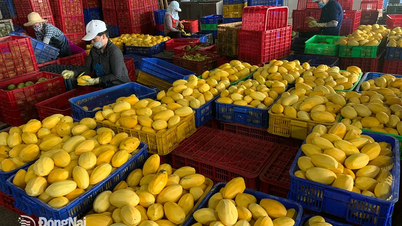








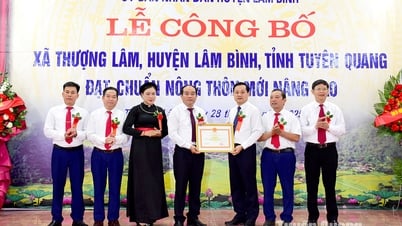

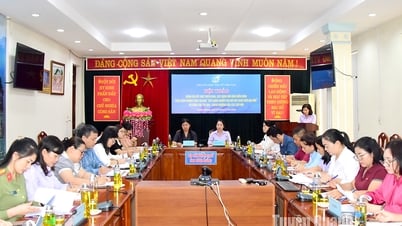
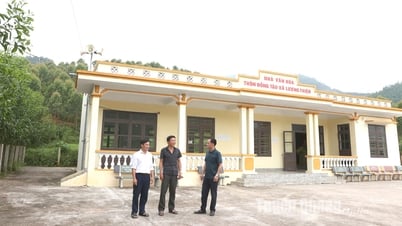
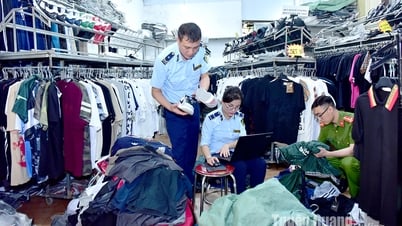































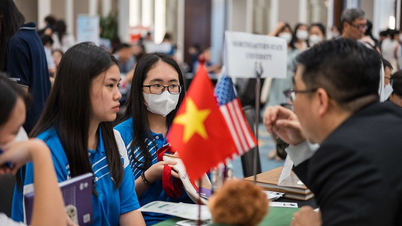












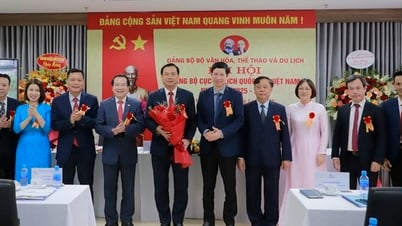
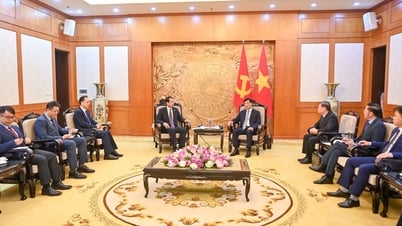




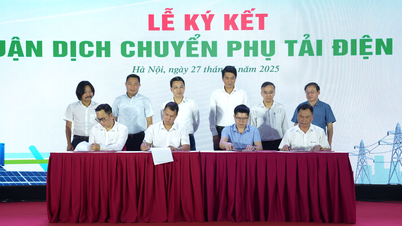
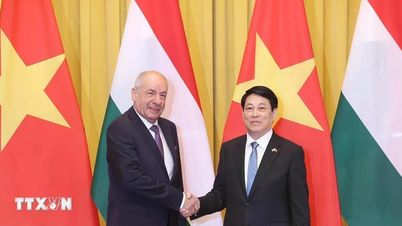










Comment (0)